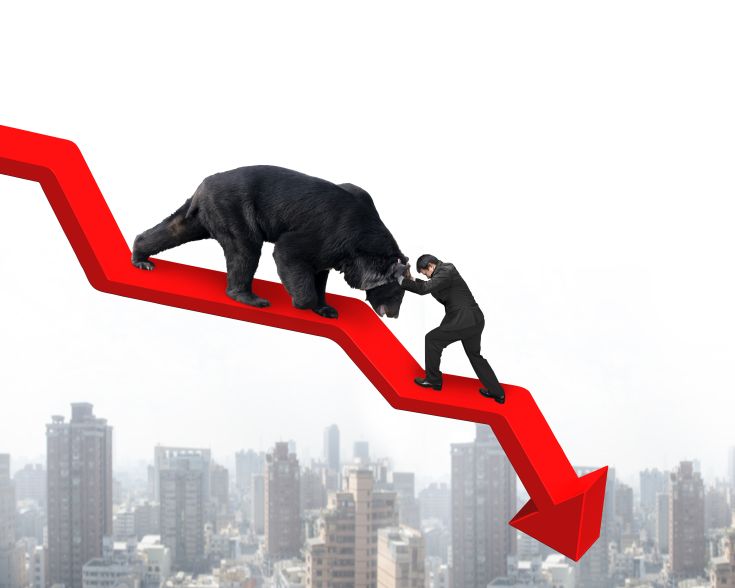The markets are in a poor state, and the bond market is down substantially.
Investors are panicking due to negative sentiment as they fear that the economy could deteriorate further.
It is important to know what recession and bear market mean so that you can make an informed decision on your investment strategies.
Summary Table
| Recession | Bear Market |
| Long-term economic downturn | Short-term economic downturn |
| Wide economic impact | Narrow economic impact |
| Investors are hesitant about loss | Investors are less hesitant about loss |
Definitions
A recession is a highly negative period in which the economy contracts and jobs are lost (or even destroyed) as a result of this contraction. The Great Recession was one of the most severe economic downturns on record, and it occurred between 2007 and 2009.
It was triggered by a housing bubble that burst causing a domino effect that led to the collapse of several major financial institutions, which caused banks and other lenders to fail, and this in turn led to the failure of many companies and the unemployment rate increased substantially.
Bear markets are periods in which stock prices fall substantially from their original price as a result of investors selling shares as they fear that they could be worse off than they were at the beginning of the bear market. The majority of bear markets are short-term and last for a few months to a couple of years. During bear markets, investors are likely to find it difficult to achieve the same returns that they would normally get during other times as the market is in such a poor state.
Recession vs Bear Market
The main difference between a recession and a bear market is that a recession may not occur if the economy does not produce less than normal, whereas a bear market occurs when the market falls so far that investors are willing to take a big loss in order to exit their stock positions.
The difference is also due to the fact that in a recession they are more hesitant because they fear the worst, while in a bear market investors are less hesitant about taking a big loss. A bear market usually happens when investors feel that their stocks are overpriced; therefore, making them willing to take a big loss in order to “clean up” their portfolios.
Recession is a long-term economic condition characterized by an extended period of weak growth and employment.
Bear markets are short-term economic conditions characterized by a decline in stock prices that occur frequently for a few months or years.
Recession is an economic downturn that lasts longer than normal and causes fluctuations in the economy. It often causes unemployment, lower wages, falling home prices and rising interest rates. Bear markets economic downturn is not a sustained decline or recession.







